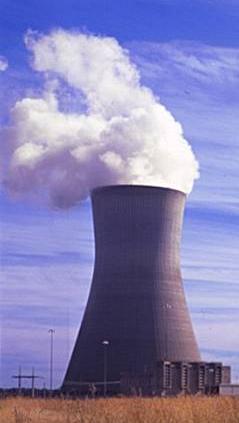Water Vapor is always in the atmosphere, and it absorbs heat from the sun. Some amount of water vapor is necessary in the atmosphere. Without it, it would never rain and we wouldn’t be able to go outside without dehydrating very quickly. The amount of water vapor in the air has impacts on humidity, cloud formation, and precipitation.
Why do I care? Water vapor is a critical gas in the atmosphere because it is the gaseous form of water, a building block of life. It is important to atmospheric and biological processes. It is a unique greenhouse gas because of its variability.
Water vapor is actually the most abundant greenhouse gas. However, humans have a very small direct effect on the water vapor content of the atmosphere. Evaporation from agricultural irrigation and production of water vapor during fossil fuel combustion accounts for less than 1% of the water vapor content of the atmosphere.
Some indirect human effects are increasing the amount of water vapor in the atmosphere. The chemical breakdown of methane in the stratosphere creates small amounts of water vapor and warming. Also, a warmer climate would increase the water vapor content of the atmosphere because more water could exist as a gas instead of liquid. This would have a large impact on relative humidity, cloud formation and precipitation. However, because water is involved in both positive and negative effects on climate, it is difficult to determine what the net impact of water vapor change would have on global climate.

No comments:
Post a Comment